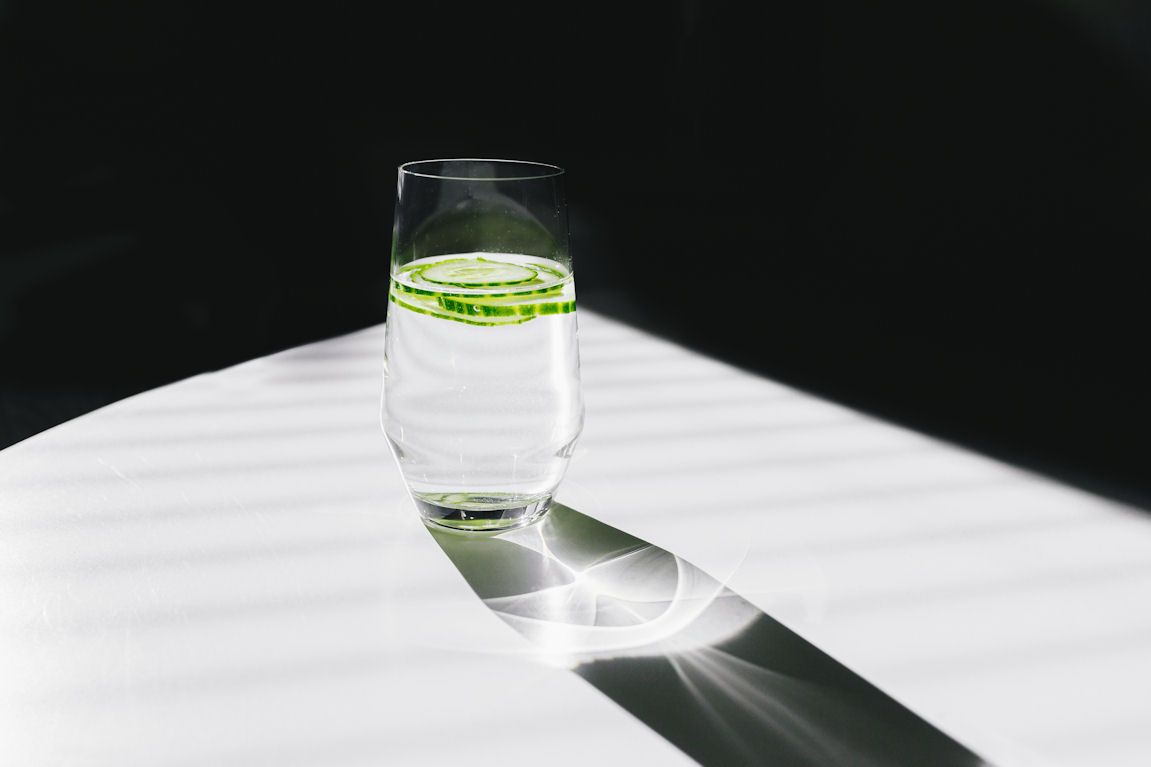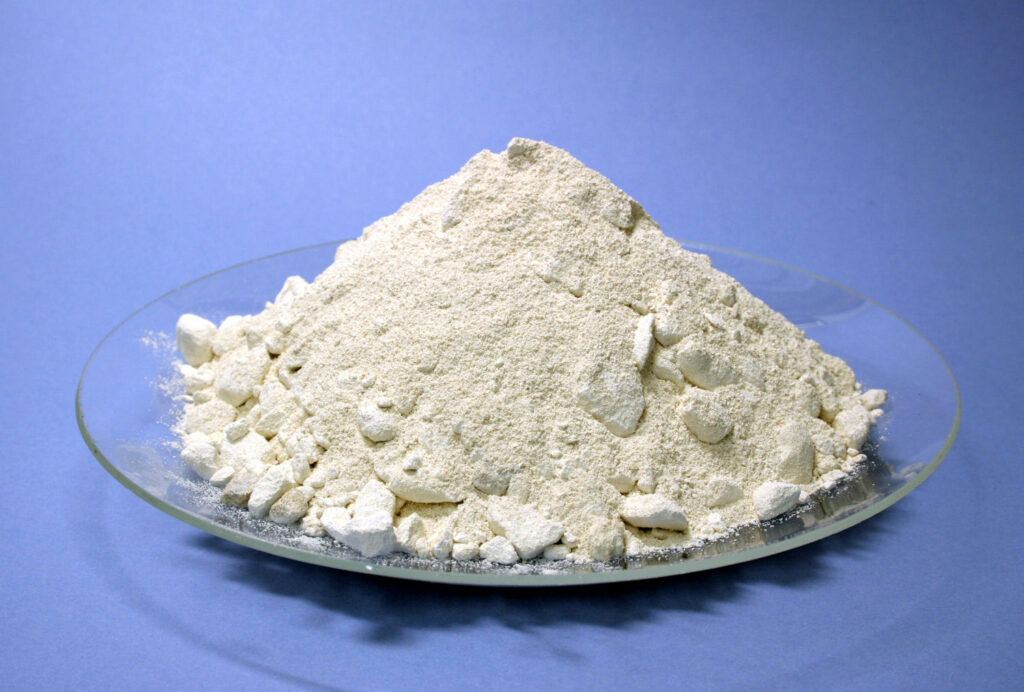
Lime products are used in many ways to clean water, whether it’s the water we drink, the water from mines, or wastewater that needs to be treated before it’s safe to release back into the environment. Lime also helps in treating the sludge, which is the leftover solid waste from water treatment.
In both drinking water and wastewater treatment, lime is used to make the water less acidic and to help remove harmful substances like phosphorus and metals. Lime also helps to manage the buildup of sludge.
When making drinking water, water treatment plants use quicklime, slaked lime or calcium carbonate. These lime products are added to water to increase pH and alkalinity.
The quicklime and slaked lime are usually added in a liquid form called lime water, which is clear and doesn’t contain any solid lime particles. Using lime water makes the treatment process faster and more effective because the lime has already dissolved before it’s added to the water.
Calcium carbonate is used differently. The treated water is washed through the calcium carbonate stone layer to get the same pH and alkalinity increase.

The main goal of treating wastewater is to clean it so it doesn’t harm rivers, lakes, or oceans when it’s released. This involves removing things like organic waste, nutrients, and other harmful substances. Wastewater treatment plants often use physical, biological, and chemical processes, with lime being a key chemical used in the process.
Lime is added to wastewater to raise its pH level, making the water less acidic and helping to remove impurities. There are different types of lime products, and each works in slightly different ways. For example, calcium carbonate works slowly and calcium oxide and calcium hydroxide work quickly and can easily adjust the pH to the desired level.
Lime can help remove phosphorus from wastewater. When calcium from lime is added, it reacts with the phosphorus, causing it to solidify and be removed from the water. Quicklime and slaked lime are often used to neutralize industrial wastewater, though sometimes slower-acting limestone is used instead.
Industrial wastewater, which comes from factories and other industrial sources, can be treated on-site or sent to a municipal treatment plant. Lime helps to neutralize acidic water, remove dissolved impurities, and even get rid of unwanted colors.

Lime is also used in places like steel mills and other treatment plants to remove metals from wastewater. By adding lime early in the treatment process, harmful heavy metals can be kept out of waterways and the sludge produced by municipal treatment plants, making it easier to recycle the sludge.
Lime is effective at removing metal ions like aluminum, copper, chrome, iron, zinc, lead, nickel, and cadmium from wastewater. It can also help get rid of harmful substances like sulphates, fluoride, and phosphates. Metals usually settle out of the water when the pH is adjusted to be more alkaline (less acidic).
In simpler terms, lime is a key tool in making sure our water is clean and safe, whether it’s for drinking, for release back into the environment, or for use in industrial processes.
We use cookies to give you the best internet experience. By giving consent, you accept the use of cookies in accordance with our cookie policy.

When you visit any web site, it may store or retrieve information on your browser, mostly in the form of cookies. Control your personal Cookie Services here.